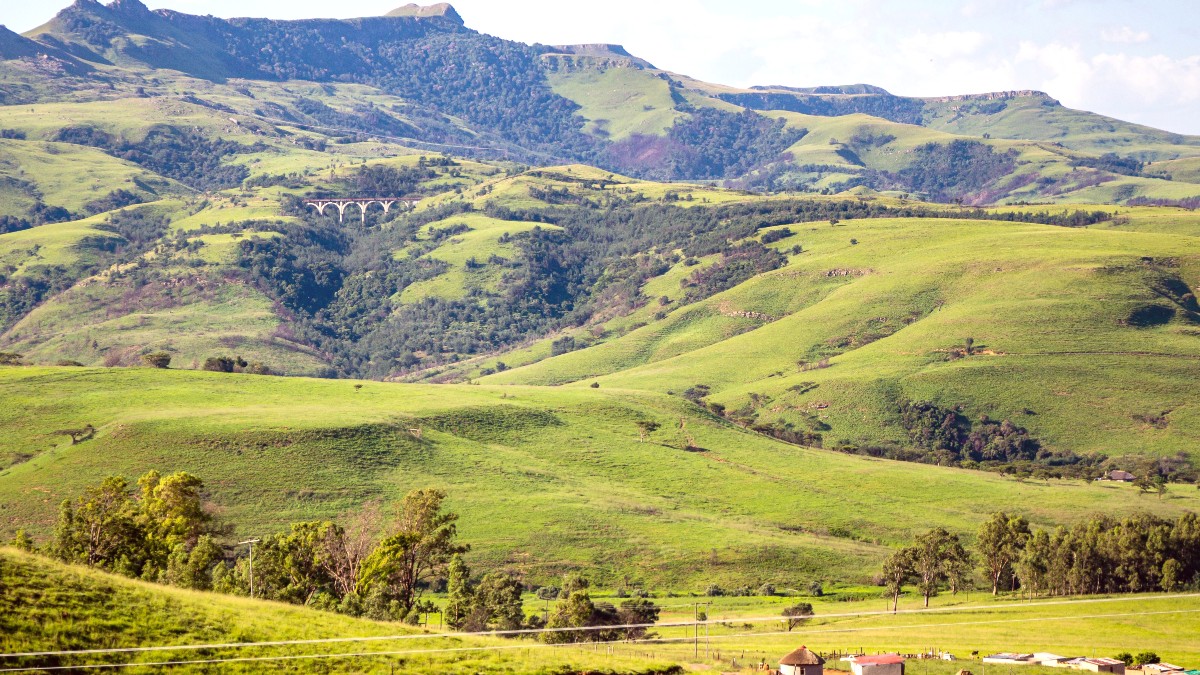
South Africa
Respect designated trails and regulations in natural reserves like Mont Rochelle. Do not pick fynbos or disturb wildlife.
Minimize waste. Reuse water bottles and shopping bags. Dispose of waste responsibly. Avoid littering. Consider Package Free Shop for reusable travel products.
The Western Cape is a water-scarce region. Take shorter showers, reuse towels, and report any leaks. Every drop matters.
Conscious choices help protect the region's natural beauty and resources.
Franschhoek is surrounded by the Cape Floral Kingdom, an UNESCO World Heritage site.
Offsetting your travel emissions is a proactive step.
Engage with Franschhoek's culture with openness and respect.
Your spending decisions can significantly benefit local communities.
Your travel choices influence the environment and communities. Seek certified eco-friendly options.
Find Eco-AccommodationsDirectly support local businesses and artisans. This keeps money within the community.
Explore Ethical ToursResponsible travel extends beyond environmental care to cultural and economic considerations.
Awareness helps prevent unintended negative consequences.
Your travel choices can have a positive impact.
Respectful interactions create meaningful connections.
Protecting natural resources is a shared responsibility.
Responsible tourism attempts to minimize negative impacts while maximizing benefits for local communities and the environment.
Protecting natural habitats and conserving resources for future generations.
Ensuring fair wages and opportunities for local residents.